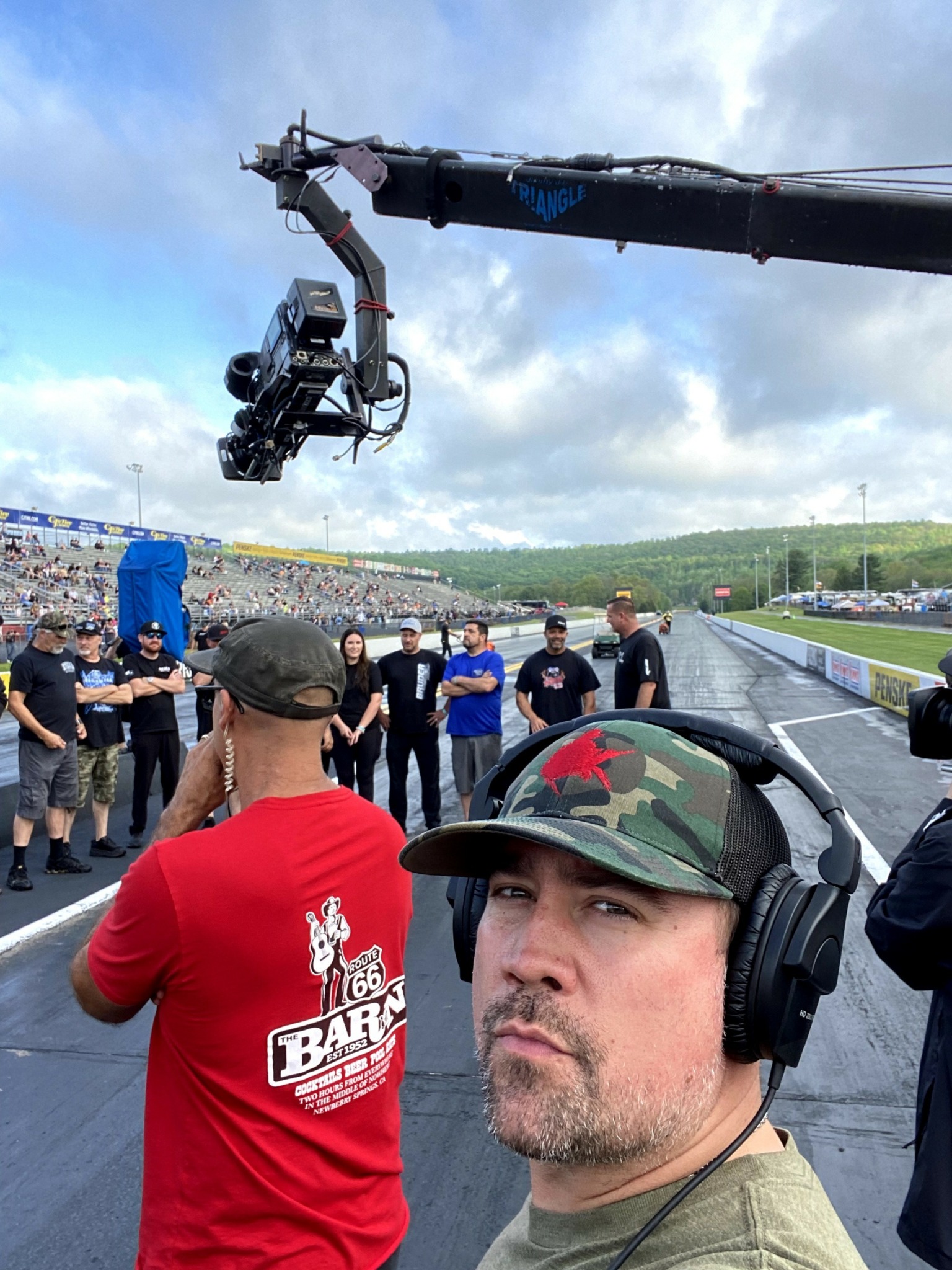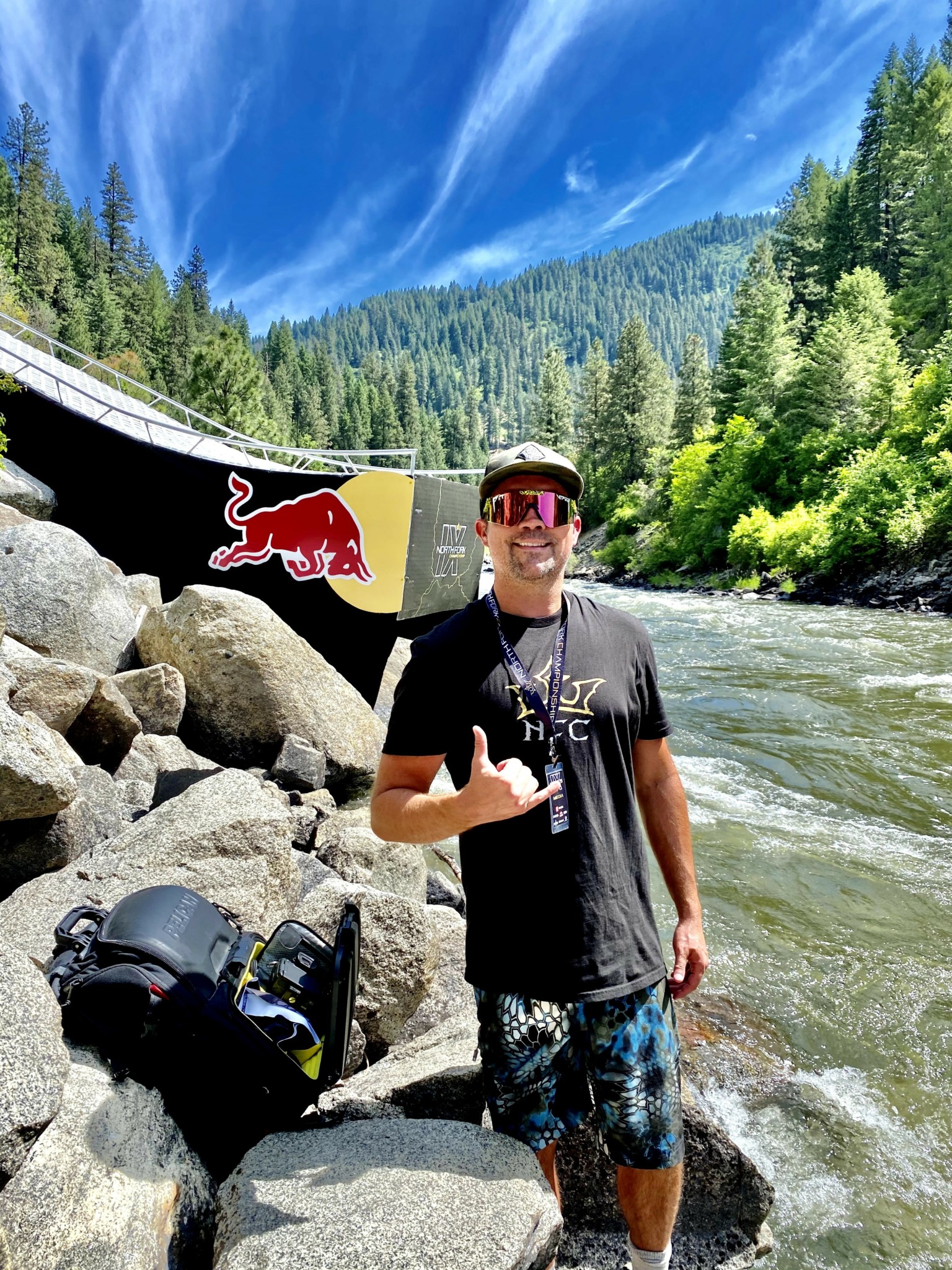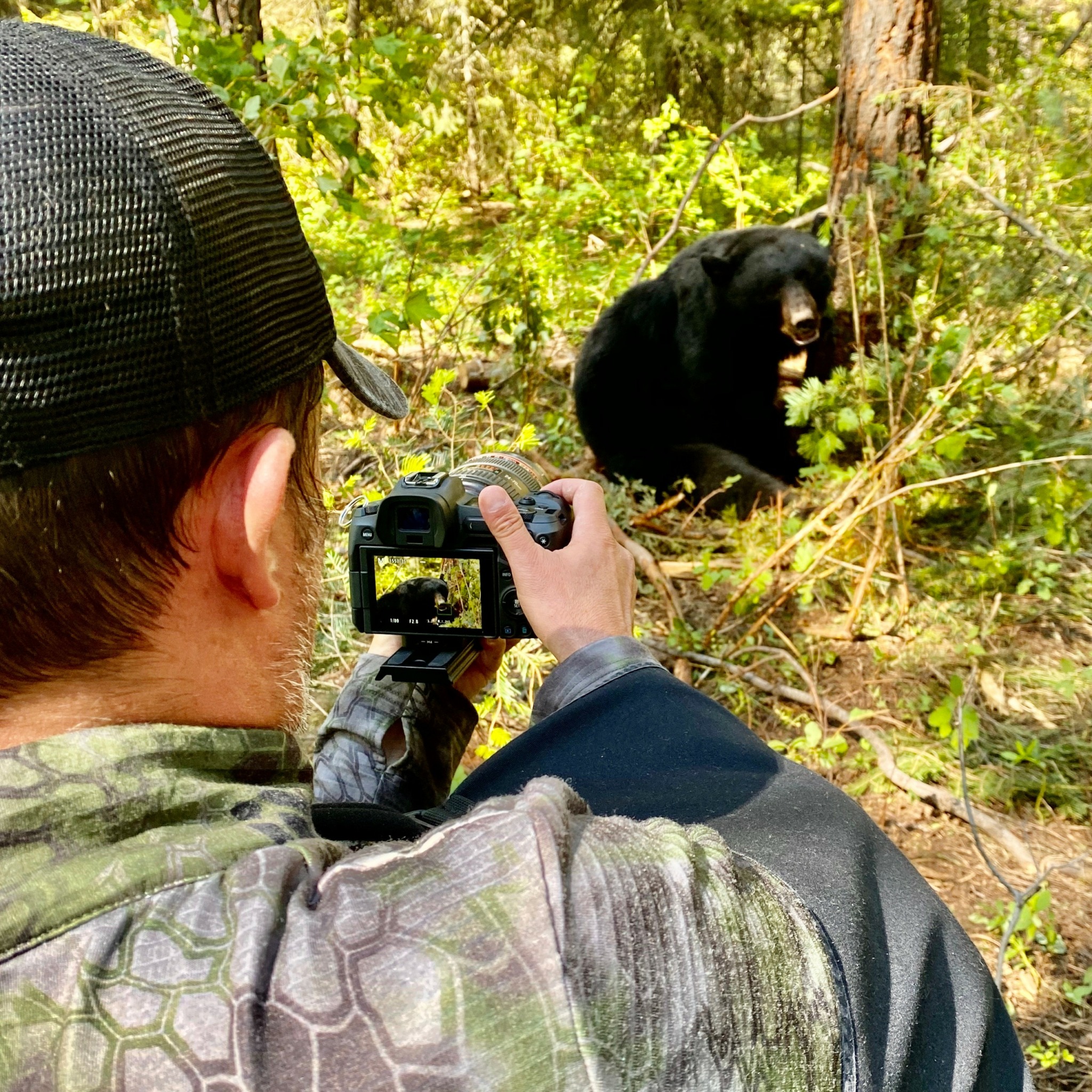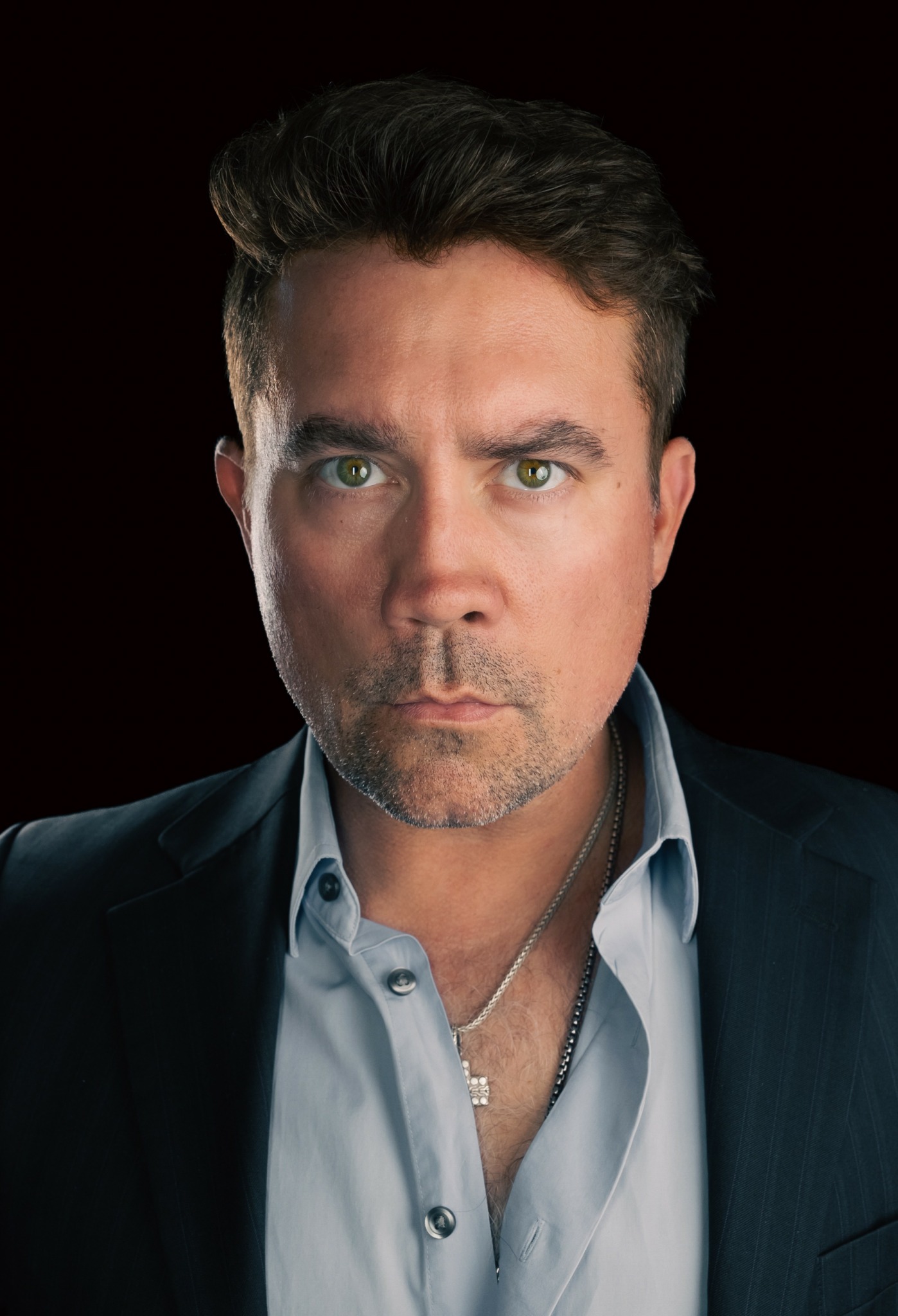Alright – so today we’ve got the honor of introducing you to Dayne Johnson. We think you’ll enjoy our conversation, we’ve shared it below.
Hi Dayne, thanks for joining us today. Earning a full time living from one’s creative career can be incredibly difficult. Have you been able to do so and if so, can you share some of the key parts of your journey and any important advice or lessons that might help creatives who haven’t been able to yet?
I am able to earn a full-time living with my creative work by working with brands. I tend to work with medium size brands in the outdoor, action sport or apparel categories. The services I provide are full-scale video productions, short-form content, photography, art direction and brand development for products. I have owned my own production company (Red Fish TMG) for ten years but the journey to get here took some time. After I graduated college in 2004, I immediately started working in television. I worked as a background extra with occasional stunt work on a show called “North Shore.” After “North Shore” got canceled, my agent found new background extra work for me on the television show “Lost.” On “Lost,” I immediately hit it off with the cast and crew and was offered a full-time production assistant job. The “Lost” experience was surreal, because we won an Emmy and a Golden Globe for best TV drama. After a few years of television work, I felt like I needed to reset and blaze my own trail. I have always had a passion for the outdoors, so I started spending a lot of time taking pictures of wildlife with a basic camera. I submitted a few photos to a marketing company for Alaska Airlines, and they selected a photo of a snail on a fern. A few weeks later I received a check in the mail for the photograph. When I received the payment for the snail photo a light bulb turned on, and I realized I could work for myself instead trying to find a job with an agency or a studio. From that moment, I shot anything and everything if I could make a buck. I shot photos for local magazines, I did head shots, I shot real estate. I made short videos for mom-and-pop businesses. In 2008, I received one of my first big breaks, I was asked to conceptualize and direct two 15 second television commercials. After I shot the commercials, I still was not busy enough to create my own company, so I bounced around between Utah and Hawaii working for other companies until the end of 2013. I moved to Idaho at the end of 2013, because my dad had just been in a nasty mountain bike crash. When I was in college my parents had relocated to Idaho. There weren’t a lot of creative jobs in Idaho at the time, so I needed a job that would allow me time during the day to start my own production company. For a short time, I was a Deputy with a county sheriff’s office which gave me the opportunity to scale my production company within a few months. Real Estate videos and photos were my primary source of income at the start. In 2015, I made it official and started an LLC called Red Fish Total Media Group aka Red Fish TMG. I knew I wanted to work with brands, so I started knocking on doors and sending emails to a bunch of brands. My buddy that was collaborating with me at the time got a camp stove company to send us one of their products to do a test shoot. I used that as momentum to gain interest from other brands involved with the shoot. An outdoor apparel company sent us some clothes for the shoot. That test shoot created my next big break. The outdoor apparel company liked the test shoot so much that they signed my company to a two-year content deal. That two-year deal was the springboard, and the rest is history. Since then, I have been fortunate to work with brands throughout the action sport and outdoor industries. I even managed to get into television again for a bit. I shot a weekly behind the scenes series for several cast members of “Street Outlaws No Prep Kings.” Although it was a long journey to get to where I am, I wouldn’t change anything, because it takes time to master a craft, especially in the creative world. You not only have to master the craft, but you have to find your own style and voice within the space. I have witnessed some people trying to rush the process. If you rush the process, you will never be able to earn a full-time living being creative. Take the time and enjoy the journey, it’s worth it.
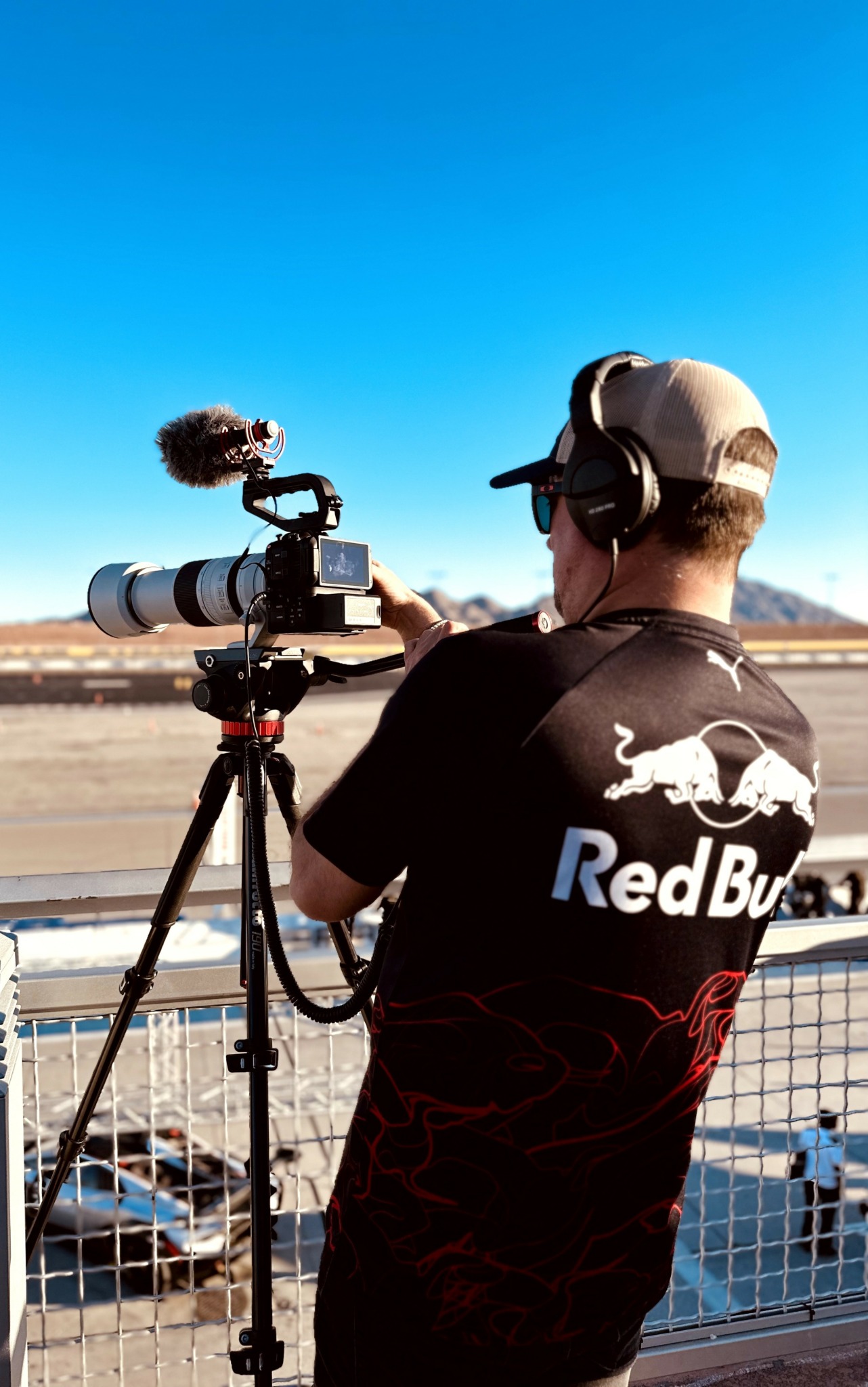
As always, we appreciate you sharing your insights and we’ve got a few more questions for you, but before we get to all of that can you take a minute to introduce yourself and give our readers some of your back background and context?
I provide video production, photography, art direction and brand development services for brands. Clients come to me usually in the form of a referral. Common problems my clients have are; they don’t know how to showcase their product in a way to generate public interest or they had a bad experience with another creative agency. I solve these problems by implementing a comprehensive discovery and production process. I also bring a level of intuition, experience and creativity that helps the brand move forward with concepts that work for their brand narrative. What sets me apart from my competitors is that I operate an agile business model where I can scale up or down depending on the project scope. Being able to scale up or down allows overhead to be flexible; flexible overhead allows me to be extremely competitive when I bid projects to make it more affordable. Another thing that sets myself apart from the rest is my unique experience; from working in television to being a published photographer. I have a creative perspective that is broad and not limited.
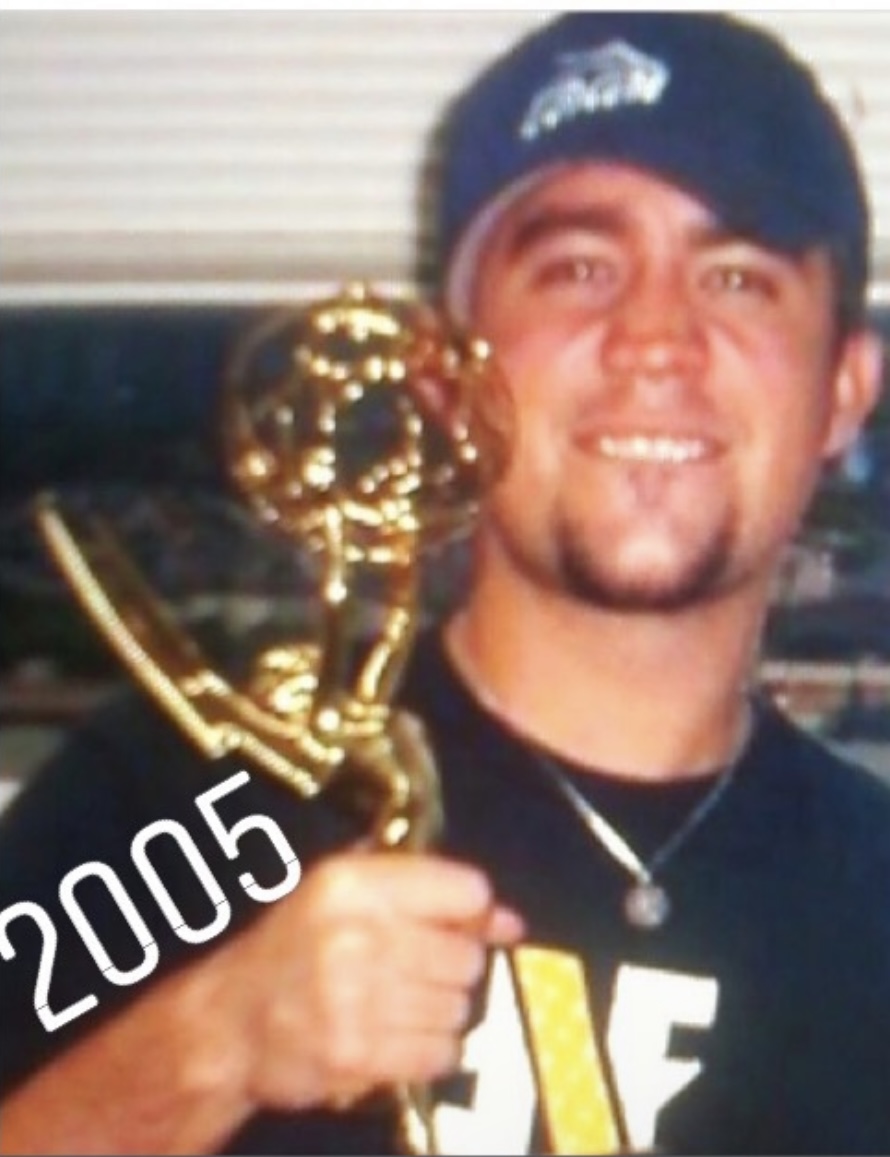
Is there a particular goal or mission driving your creative journey?
When I first started in the film and photo game, my mission was to make money. As I have gotten older, my mission has shifted. My new mission is to create just to simply create and to start sharing my knowledge with the younger generation.
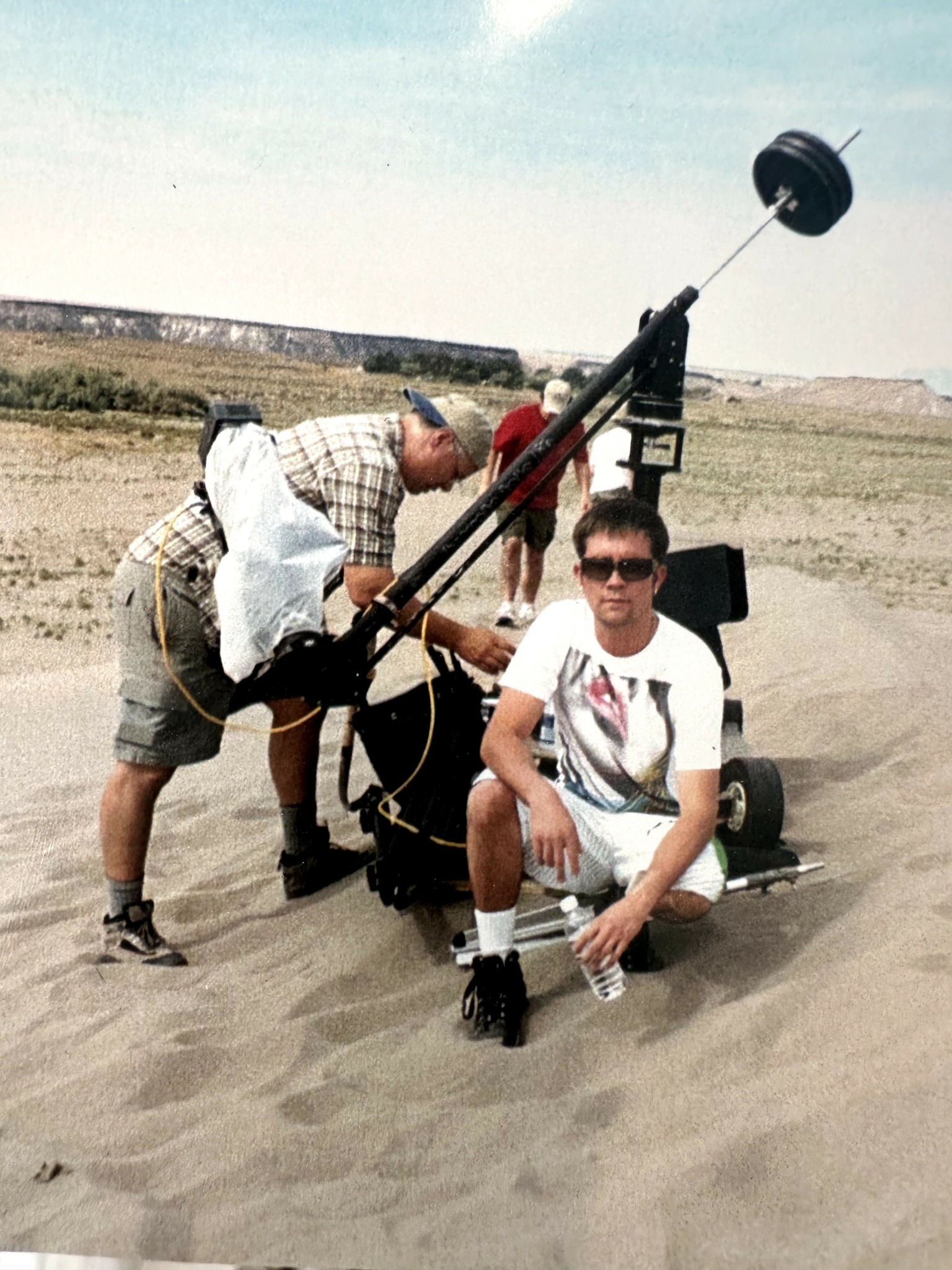
Can you open up about how you funded your business?
It is very easy to get caught up in gear, office space and technology for a business. It can get expensive fast. I started with one camera and over time added light kits, pro mics, cinema cameras and editing bays. I have a simple rule, only buy stuff for the business that is essential to the basic function of the business and do not upgrade anything unless something breaks or you are vertically integrating a new service.
Contact Info:
- Website: https://www.redfishtmg.com
- Instagram: redfishfilms
